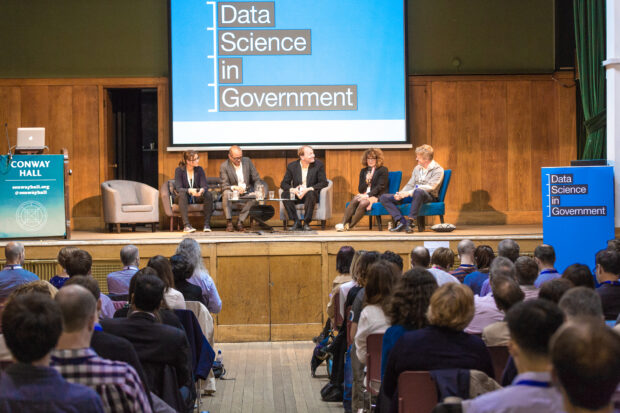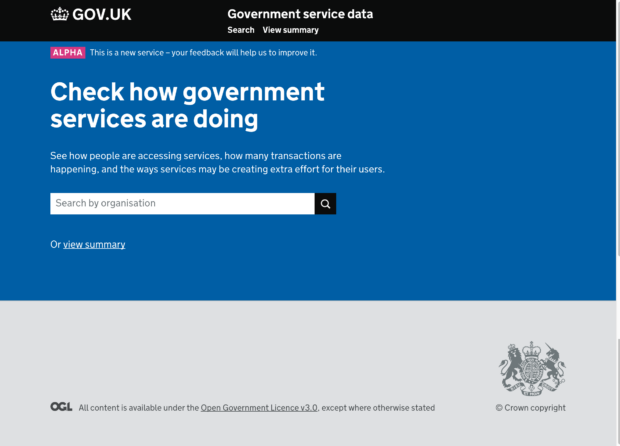How to pair program effectively in 6 steps

...date and working on both machines (if you use two computers) 2. Work closely together When you’re pair programming, the usual set-up is for one of you to be the...

...date and working on both machines (if you use two computers) 2. Work closely together When you’re pair programming, the usual set-up is for one of you to be the...

...the more vulnerable service users. As my colleague Ben Carpenter says: The cluster data available in the dashboard gives a view of how users’ issues and government’s policies and services...

...data to improve services. They are investigating whether they can develop an approach to predicting risk which might enable early intervention. Liz Ridler, Delivery and Evaluation Lead in Public Service...

...looking forward to working with them again in this next phase of developing the Technology Code of Practice. Read the new Technology Code of Practice and follow GDS on Twitter....

...This promotes a common culture and way of working when you can see how other teams manage certain issues. Anna Shipman (left) Quite often, teams will make small improvements to...

...prototypes and operational proofs of concept using the GDS frontend toolkit. These helped us test functionality and determine if the service was technically viable. We developed an operating model to...

...Prisons and Probations Service has taken to set up data science and analytics capability. Our colleagues from Defence Science and Technology Laboratory spoke about how they’re embracing open source and...

...difficult to keep it up to date. Out of date data can lead to a poor service experience. So data specialists advocate fetching data from reliable sources using automated services...

...make savings in the heart of government, the lessons learnt can be applied and borrowed to help elsewhere. Whether that may be healthcare or local councils or other areas entirely....

...identified 3 main useful metrics: the breakdown of transactions per channel, the number of unique users for a service, and the reason a user contacts a service or has to...